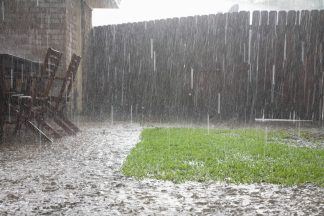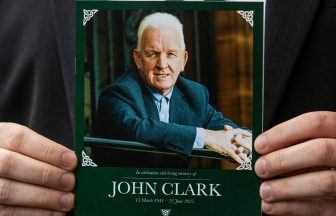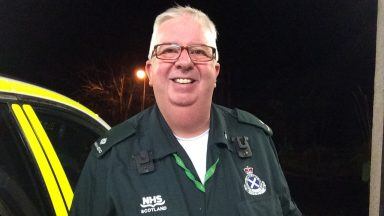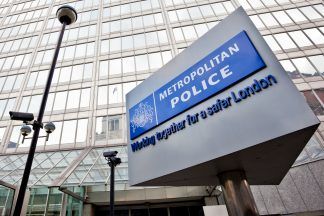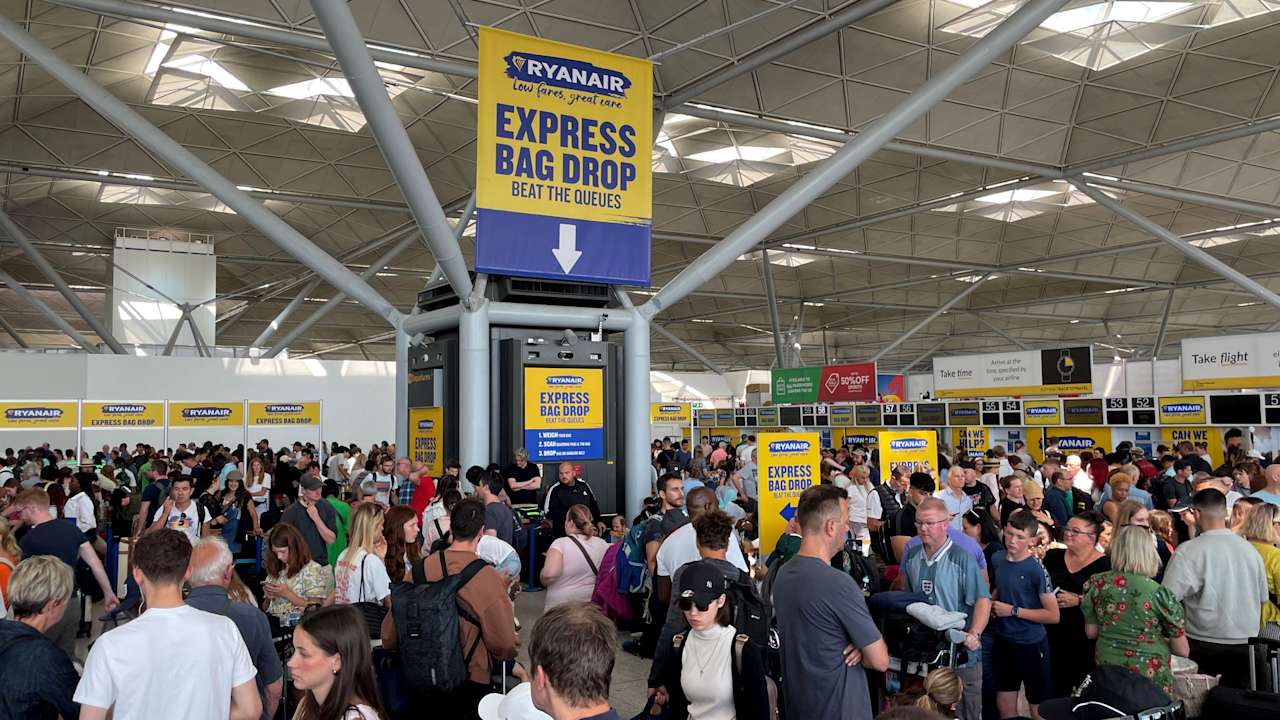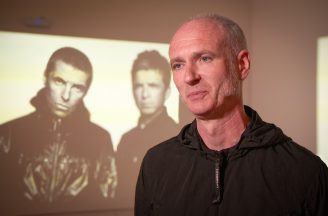The World Health Organisation (WHO) has issued an urgent warning as cases of measles in Europe rose by more than 30-fold.
Health experts found a large increase in the number of cases which has reportedly accelerated in recent months.
More than 30,000 cases of measles were reported between January and October in 2023, compared with just 941 cases in the entirety of 2022.
Children between the ages of one and four accounted for two in five cases, while measles was detected in one of five people over the age of 20.
One case was reported in Scotland last year with figures showing 93.3% of children had the first dose of measles, mumps and rubella (MMR) vaccine by age two.
This rose figure rose to 95.8% for children who had reached age five.
Meanwhile data from NHS England suggests that over 3.4 million under 16s are unvaccinated.
Researchers from Edinburgh University found in 2022 that an uptake in vaccination rates in Scotland could be closely linked to flexible working arrangements during the Covid-19 pandemic.
The overall increase, as investigated by Public Health Scotland (PHS) and the university, found an additional 7,508 pre-school vaccinations being delivered on time during lockdown compared with the same period in 2019.
Dr Fiona McQuaid, clinical lecturer in paediatric medicine at the University of Edinburgh, said in 2022: “It’s encouraging to find that more children under five received their vaccines on time during lockdown, despite concerns that uptake might fall.
“It’s important that we continue this research to find out why this happened and how we can continue to encourage high immunisation rates to ensure children remain protected against many infectious diseases.”
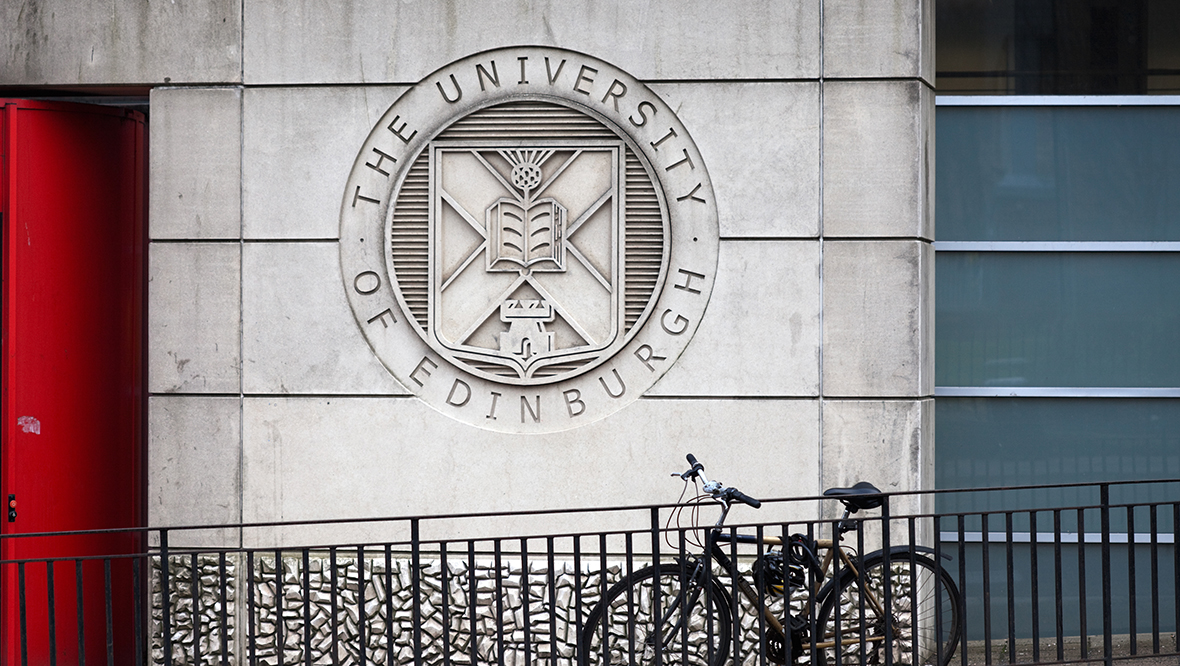 iStock
iStockA spokesperson for PHS said: “Measles is a highly infectious disease.
“Having two doses of the vaccine is the best way to prevent measles.
“The vaccine is safe and highly effective in preventing measles infection.
The MMR vaccine offers protection to children against measles after the first dose at 12-13 months; the second dose is offered at 3 years 4 months.
“Anyone who hasn’t had two doses of the MMR vaccine as a child should contact their local health board via the NHS Inform website about getting their free MMR vaccine.
“Public Health Scotland has been working with health boards and relevant partners to ensure that as many people as possible take up the offer of the measles, mumps and rubella (MMR) vaccination as well as all routine childhood immunisations.”
This week the UK declared a national incident amid a surge in cases as parents were urged to get the MMR vaccine for their children.
The vaccine is delivered in two doses – first at around the age of one and the second when the child hits about three years and four months old.
The WHO have linked a drop in vaccination rates among children against measles during the Covid pandemic as a reason for a rise in the number of cases.
Dr Hans Kluge, the WHO regional director for Europe said: “We have seen in the region not only a 30-fold increase in measles cases, but also nearly 21,000 hospitalisations and five measles-related deaths (reported in two countries).
“Vaccination is the only way to protect children from this potentially dangerous disease. Urgent vaccination efforts are needed to halt transmission and prevent further spread.
“It is vital that all countries are prepared to rapidly detect and timely respond to measles outbreaks, which could endanger progress towards measles elimination.”
Symptoms can start with a fever and rashes which can clear after around 10 days but long term diseases such as pneumonia, meningitis, blindness and seizures can come as complications.
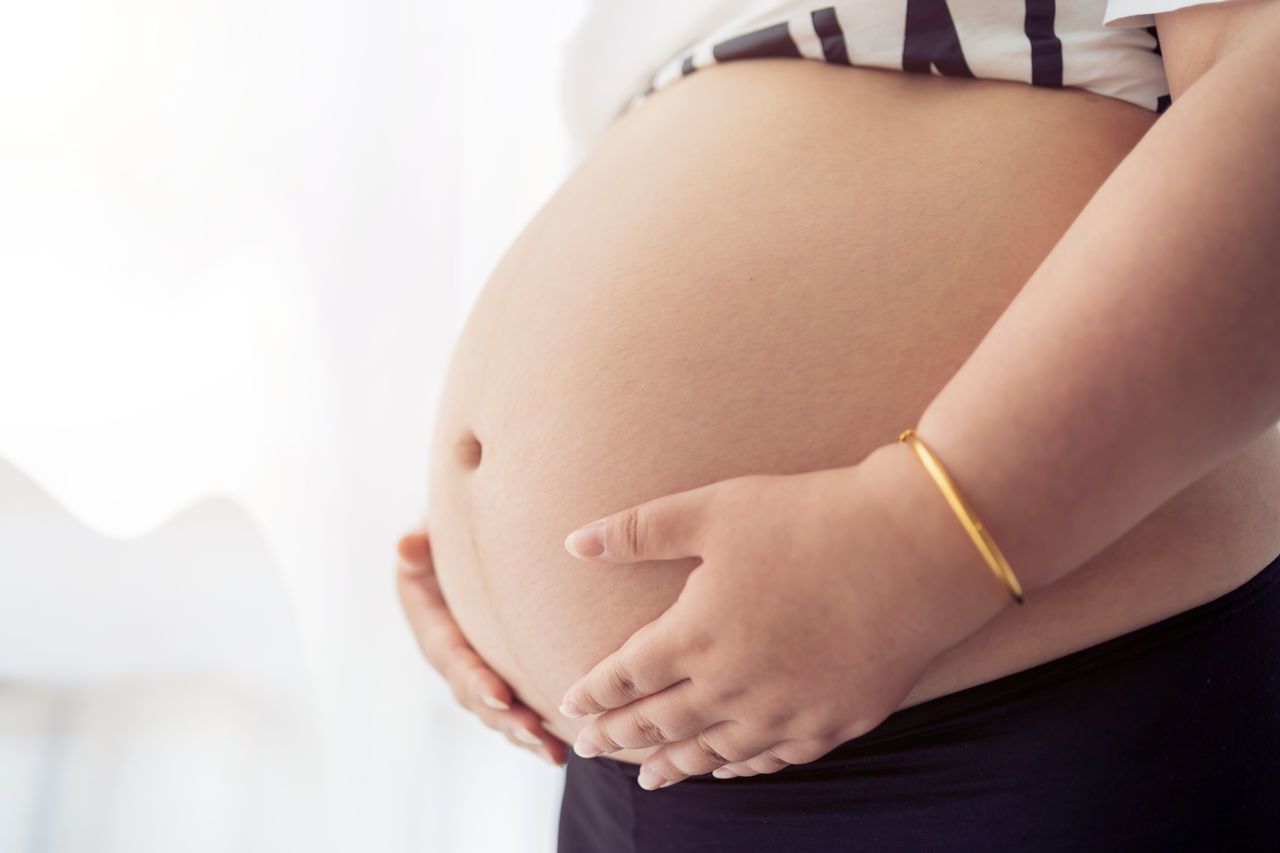 iStock
iStockPregnant woman, babies who are too young to be vaccinated and immunocompromised people are most at risk according to health experts.
Last year, the WHO say 20,918 people across Europe were admitted to hospital with measles while five deaths related to the infection were also reported.
Britain had the most cases with 183 in the WHO’s Western Europe region last year.
The UK Health Security Agency (UKHSA) warned last week that a “trajectory for everything getting much worse” was developing in the country.
Professor Dame Jenny Harries said “concerted action” was needed to tackle the spread of the infection.
She said: “What we are seeing at the moment with measles is that people have forgotten what a serious illness it is.
“We have had very high vaccination rates, especially for young families, but they are low at the moment.”
Follow STV News on WhatsApp
Scan the QR code on your mobile device for all the latest news from around the country



